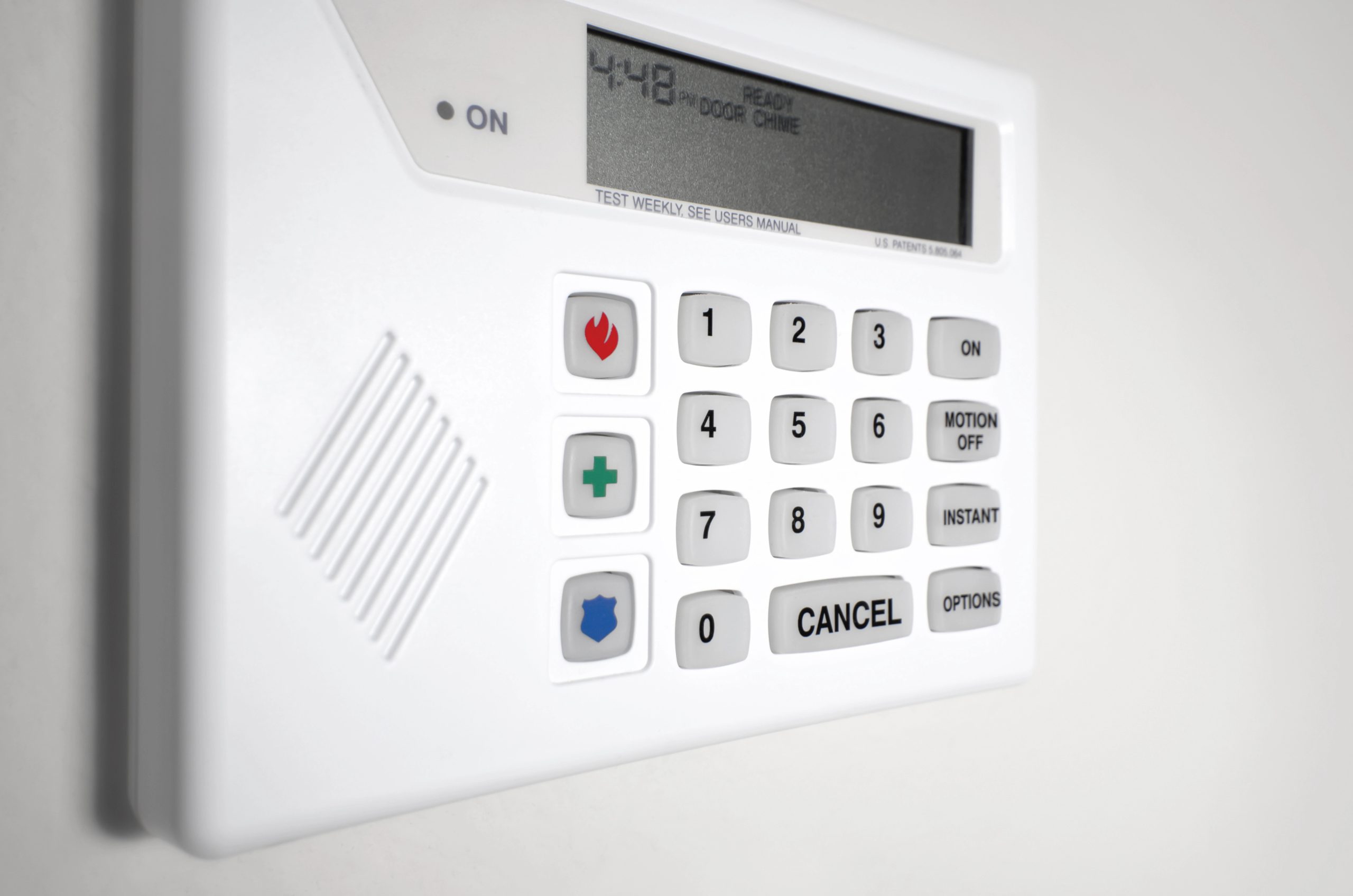We’re often asked by homeowners about the best type of fire alarm system for their house. It’s a crucial question, and the answer isn’t always straightforward. Let’s walk you through the options and help you understand what might work best for your home.
Understanding Your Options
First things first, let’s break down the main types of fire alarm systems available for homes:
- Ionisation Alarms: These are your basic, budget-friendly options. They’re quick to detect fast, flaming fires but can be a bit slow on the uptake for smouldering fires.
- Optical (or Photoelectric) Alarms: These are better at detecting slow, smouldering fires, like those caused by faulty wiring or forgotten cigarettes. They’re less likely to go off when you burn the toast, which is always a plus.
- Heat Alarms: These detect changes in temperature rather than smoke. They’re ideal for kitchens or garages where dust or steam might set off a standard smoke alarm.
- Combined Optical Smoke and Heat Alarms: As the name suggests, these clever devices combine the benefits of both optical and heat detection.
- Multi-Sensor Alarms: These top-of-the-range alarms use a combination of detection methods, often including carbon monoxide detection as well.
Choosing the Right System for Your Home
Now, how do you decide which is right for you? Here’s a table to help you match alarm types to different areas of your home:
| Room | Recommended Alarm Type | Why? |
| Living Room | Optical | Best for detecting smouldering fires from soft furnishings |
| Kitchen | Heat | Avoids false alarms from cooking fumes |
| Bedroom | Ionisation or Optical | Quick response to both fast and slow-burning fires |
| Hallway/Landing | Multi-Sensor | Comprehensive protection for escape routes |
| Garage/Workshop | Heat | Tolerant of dust and temperature fluctuations |
Consider Your Home’s Layout
The layout of your home plays a big role in choosing the right system. If you’ve got a smaller house or flat, you might be able to get away with individual battery-operated alarms. But for larger homes, we always recommend an interlinked system.
Interlinked systems are brilliant because when one alarm detects a fire, all the alarms in the house go off. This means you’ll be alerted no matter where you are in the house.
Additional Features to Consider
When we’re advising homeowners, we always mention a few extra features that can be real lifesavers:
- 10-Year Sealed Batteries: These are fantastic. You don’t have to worry about changing batteries for a decade, and you can’t remove them for use in the TV remote!
- Wireless Interconnection: If you’re going for an interlinked system, wireless options make installation much easier, especially in older homes.
- Smart Alarms: These can send alerts to your phone, which is great if you’re away from home a lot.
- Strobe Lights and Vibrating Pads: Essential for those with hearing impairments.
Our Recommendations
If you’re asking for our personal recommendation, here’s what we typically suggest for a standard two-storey house:
- Kitchen: Heat Alarm
- Living Room: Optical alarm
- Bedrooms: Optical alarms
- Landing: Multi-sensor alarm
- Garage: Heat Alarm
A Word on Installation and Maintenance
Once you’ve chosen your alarms, proper installation is crucial. If you’re not confident about doing it yourself, don’t hesitate to call in a professional. It’s worth the peace of mind.
At Panther Security, we’ve seen firsthand how professional maintenance can make all the difference in ensuring your fire alarm system is always ready to protect you when needed.
Our team of qualified fire alarm engineers provides comprehensive maintenance services for both domestic and commercial properties. We can help you set up a regular testing schedule, conduct thorough inspections, and ensure your system is always up to date with the latest safety standards.
For businesses, we understand the complexities of commercial fire alarm systems and the legal requirements you need to meet. Our services include not only regular maintenance but also detailed record-keeping to ensure you’re always compliant with regulations.
For more information, please contact Panther Security at 01206 764303.

